Co-existing with Coyotes
Coyotes thrive without human food. But when fed by people, they are prone to disease and parasites, become too comfortable around people and may become aggressive.
To Report a Problem Coyote, call 311.
Coyotes help maintain healthy ecosystems and play a natural and beneficial role in the food chain by eating mice and other small rodents. As our city grows and expands into its habitat, more coyotes are adapting to food sources in residential areas, eating readily available food such as garbage, compost, fruit and accessible pet food. People, pets and coyotes can thrive simultaneously in urban areas, provided coyotes remain naturally curious, but shy, around people.
When coyotes become bold around humans, it’s often due to food conditioning. People who feel threatened by urban coyotes often suggest they be culled or relocated outside the city. Lethal control of aggressive animals can reduce conflict in the short term, but large-scale removal is ineffective over the long term. When coyotes are removed, new animals colonize from other areas and reproductive rates may increase.
Coyotes are naturally afraid of people. But, when they eat food from yards, they become too comfortable around people and may display concerning behaviour. In addition, coyotes can carry a parasite called Echinococcus multilocularis which can be harmful to people.
You can help deter coyotes and other wildlife from your yard by:
Cleaning up spilled garbage, food scraps and birdseed
Opting for closed compost bins
Securing your garbage in a protected container
Cleaning up fallen fruit
Keeping pet food inside
Ensuring coyotes do not den on your property, such as under a deck or shed
It Is Important To Call 311 When:
A coyote is so injured or sick that it cannot move
A coyote is trapped in an area of your yard (private property)
Someone is intentionally feeding coyotes
You suspect coyotes have a den with pups in a residential area
To Report a Problem, call
Telephone In Edmonton: 311
Outside Edmonton: 780-442-5311

